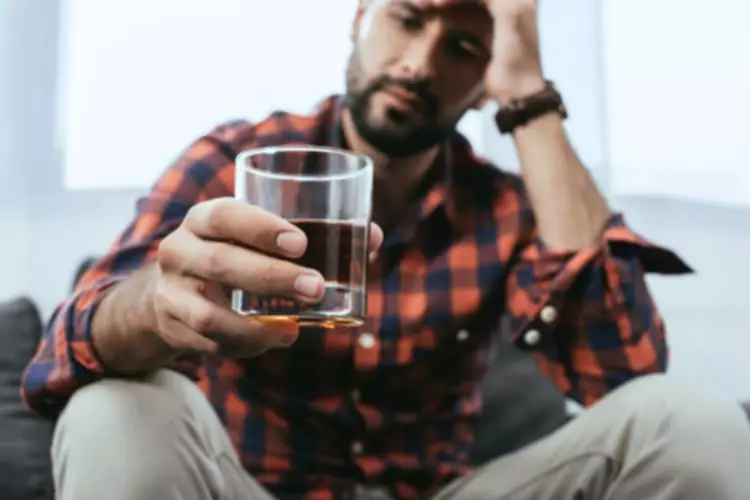6 Common Fears in Addiction Recovery and How to Face Them

Coping mechanisms are tough—they work temporarily, and allow us to avoid and put things aside for the time being. We use alcohol to https://ecosoberhouse.com/article/cognitive-behavioral-therapy-cbt-for-addiction-and-substance-abuse/ cover up our pain and our problems. We use drugs to numb ourselves and our emotions and to push off thinking for another day.

Broken and Bleeding: Emotional Trauma and Substance Use Disorder

Triggering one may trigger the other and cause relapse. People with co-occurring mental health conditions are even more likely to develop an addiction. Genetics, environmental stressors, and unresolved trauma can also increase this risk. Anxiety disorders often involve a long-lasting and intense worry or fear that doesn’t always logically make sense. It can cause serious issues in everyday life, which is why it’s so important to identify and manage it.
- For the first time in my life, I felt my peers truly accepted me, my mind was clear from all fears and I finally felt at ease.
- If you are afraid of always being sober, simply stay sober and you will quickly realize that it isn’t all that bad.
- Maybe you’re ready—you’re practically desperate—to get sober and to change your life.
tips to help you overcome the fear of being sober

A strong support network can provide encouragement and reduce feelings of isolation. Our hopes and dreams may have gotten stuffed down along the way during our descent into drugs or alcohol, too. It can be scary to confront ourselves and our dreams, and putting them off or procrastinating on them is a way to avoid putting the work in or fear of failure. When we’re sober, we may find those desires and dreams come to the surface again, prompting us to pay attention to them once again.
Dealing with Various Fears during Recovery
If you’re addicted to drugs or alcohol, you’ve likely used them to cope with difficult situations in your life. However, sobriety doesn’t mean you won’t be able to cope with life’s challenges. In fact, sobriety can help you to learn new and healthier ways to deal with difficult situations. However, it is important to remember that sobriety is not something to be afraid of. Sobriety can be an incredibly rewarding experience. Sobriety can help you to improve your health, your relationships, and your overall quality of life.

The Psychological Impact of Substance Abuse
A therapist specializing in addiction recovery can offer personalized advice and coping strategies. Participating in regular sessions can help you maintain focus on recovery and address any emerging issues before they become significant obstacles. Overcoming fears in any situation is difficult, but when it involves a life change, it can be especially challenging. Face your fears of recovery, and talk about them with your loved ones. Then be prepared to work hard and to have setbacks. You will be ready to start your new, sober life.

What’s included
When I was intoxicated, my fears disappeared. But in the brief moments I was sober, my fears amplified by 1,000. As times got worse, so did my relationships (or lack thereof). I no longer cared for anyone or anything but myself and my needs. I thought these needs were simple, since the only thing I needed was any substance to make me escape from my own mind. Finally, even in moments of fear, learn fear of being sober to laugh whenever you can, as often as you can.